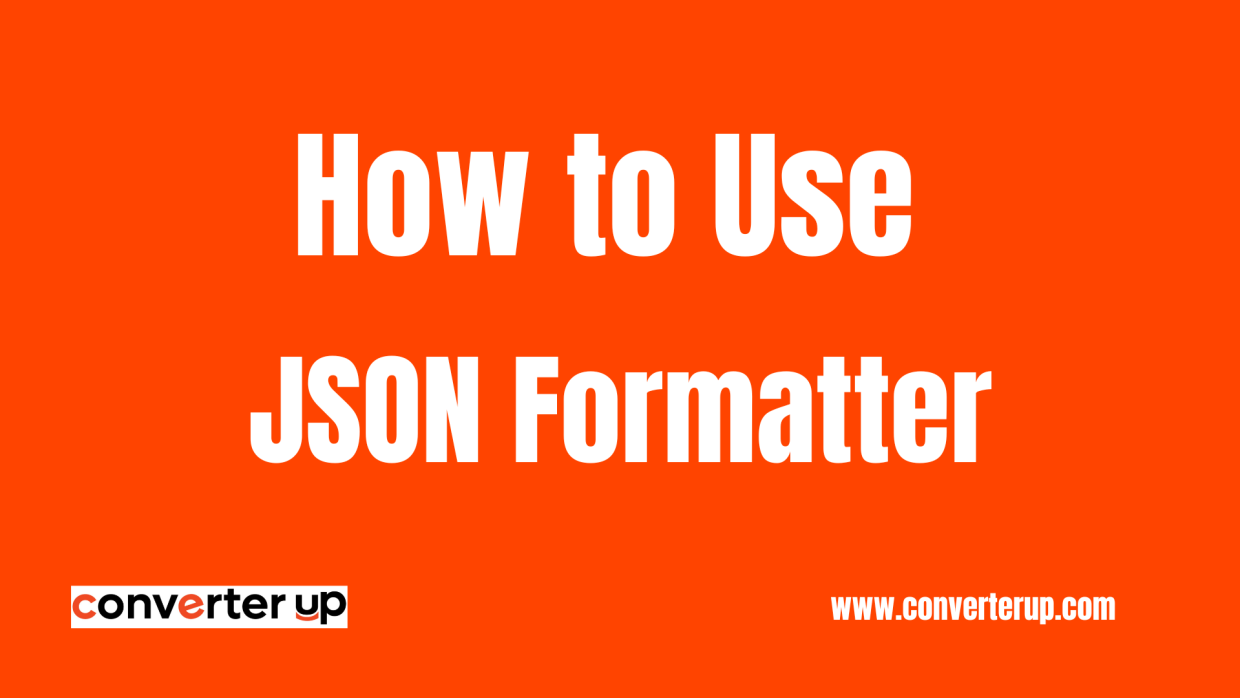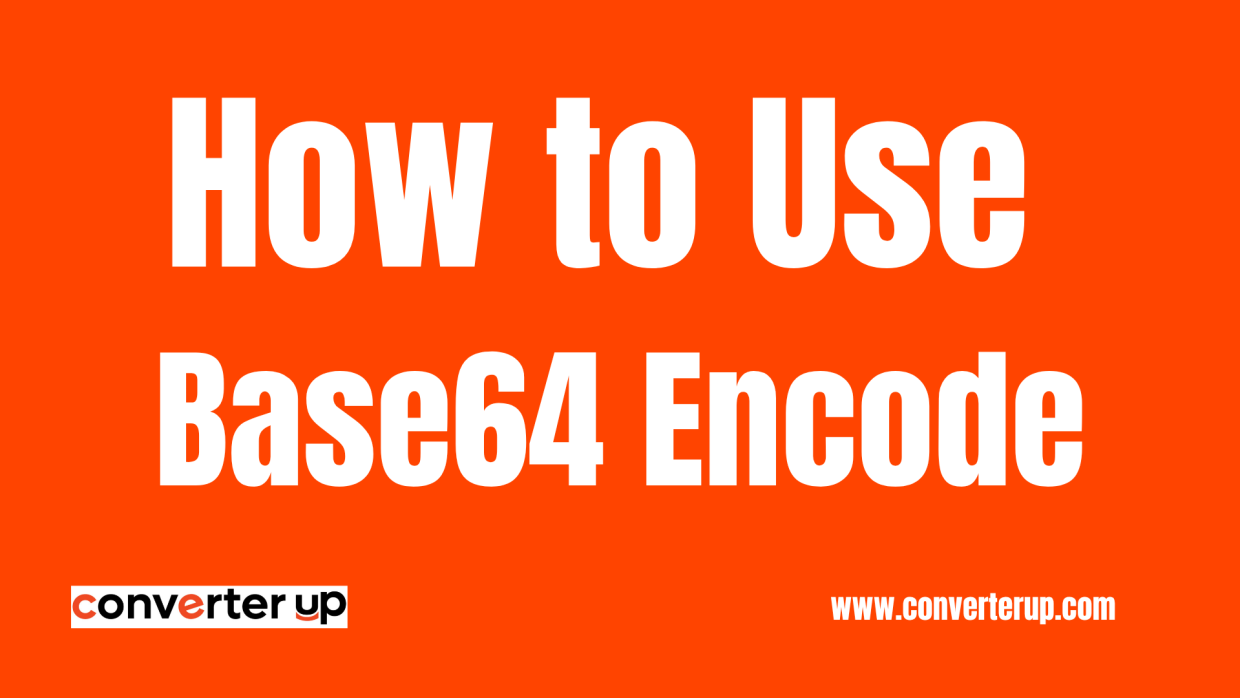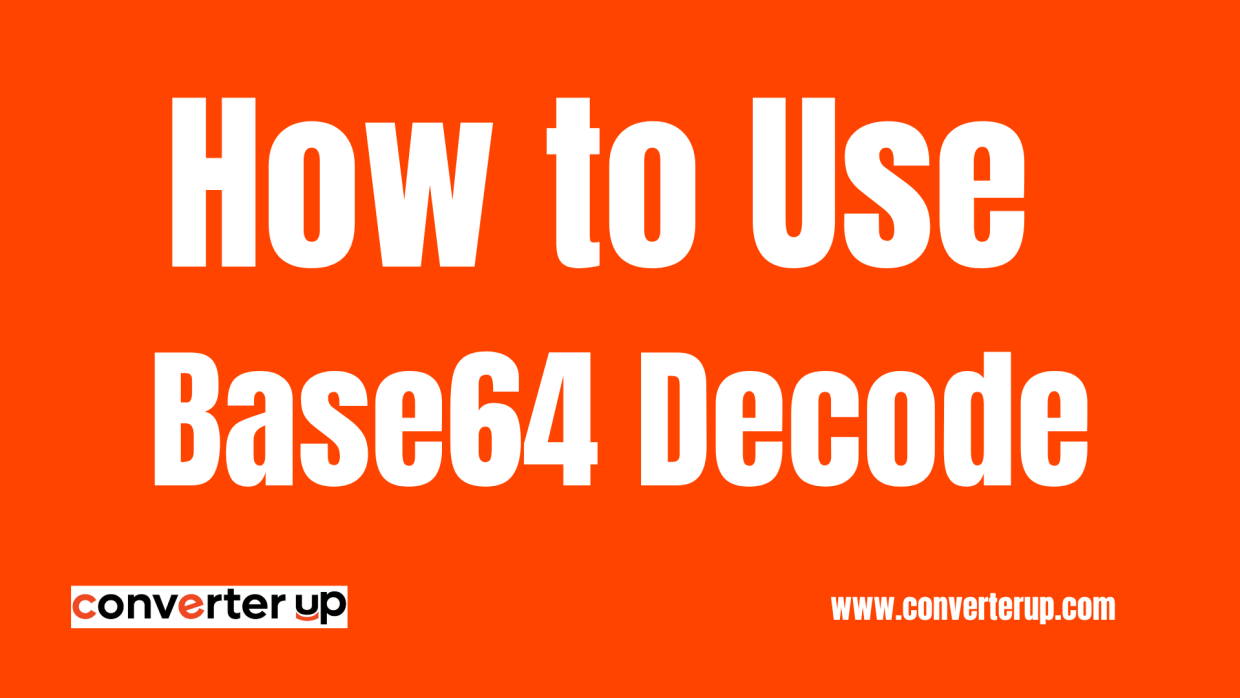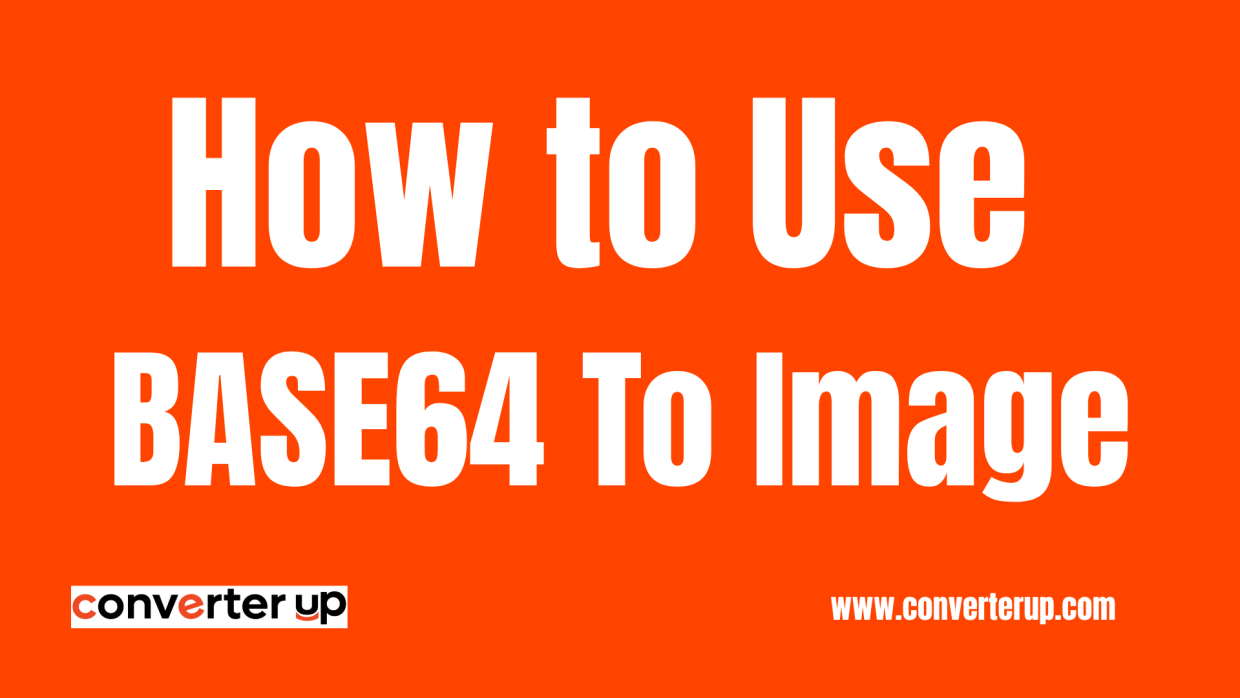
How to Use Octal to Hex Converter
Table of Contents
- The Octal Number System:
- The Hexadecimal Number System:
- Why Convert Octal to HEX?
- How the Octal to HEX Converter Works
- Step By Step Instructions for Using the Octal-to-HEX Converter
- Step 1: Go to the Octal to HEX Converter Tool—Access the Octal to HEX Converter.
- Step 2: Enter your octal number—In the text box, enter the octal number.
- Step 3: Click on "Convert"—After entering the number, you click on the "Convert" button.
- Step 4: View the HEX Output—The tool will convert the octal number to its hex equivalent almost instantly.
- Frequently Asked Questions (FAQs)
The Octal Number System:
The octal number system, also known as base-8, is a number system that has eight symbols: 0, 1, 2, 3, 4, 5, 6, and 7. Each digit in an octal number is equal to three binary digits, which makes it an excellent way of encapsulating binary numbers.
As a simple example, the octal number 12 can also be represented in binary as 001 010. Octal was used extensively in early computing systems and is occasionally encountered in areas like UNIX file permissions.
The Hexadecimal Number System:
The hexadecimal number system, or base-16, is a number system that has 16 symbols: 0-9 and A-F. In this case, A is equal to 10, B is equal to 11, and so on through F, which is equal to 15. The hexadecimal system provides a more compact way of representing binary numbers and is used extensively in computing, programming, and digital electronics.
As a simple example, the hexadecimal number A3 gives a decimal value of 163. It is easier for humans to interpret and manage than long strings of binary numbers.
Why Convert Octal to HEX?
You might ask yourself why convert octal numbers to hexadecimal. There is one important reason for this conversion. The primary reason is efficiency. Both octal and hexadecimal represent binary in a human-friendly way. It is generally accepted that octal is easier than binary and hexadecimal is easier than either in eliminating complexity. In many fields of computing, such as programming or digital electronics, eliminating complexity by converting from one number system to another will help simplify your work. Consider the difficulty you would encounter if you tried to convert a large binary number to decimal. This would be a daunting task. However, using octal or HEX comes into play, making the process much easier and more intuitive.
How the Octal to HEX Converter Works
- The Octal to HEX Converter uses a simple algorithm to convert from the octal number system to the hexadecimal number system. Here is how the tool processes the conversion in a nutshell:
- Convert from Octal to Binary—First, we convert the octal number to binary. An octal number can be expressed in its binary equivalent since each octal number corresponds to a 3-bit binary number. In other words, the 3 binary digits represent 1 octal digit.
- Convert from Binary to Hexadecimal—Now that we have the binary number, it is split into groups of 4 bits so we can convert it to HEX.
- By breaking the process into those two simple steps, the Octal to HEX Converter allows you to simplify the process into one simple function by automating the conversion process.
Step By Step Instructions for Using the Octal-to-HEX Converter
If you have an octal number that you need to convert to hexadecimal, use these simple steps:
Step 1: Go to the Octal to HEX Converter Tool—Access the Octal to HEX Converter.
Step 2: Enter your octal number—In the text box, enter the octal number.

Step 3: Click on "Convert"—After entering the number, you click on the "Convert" button.
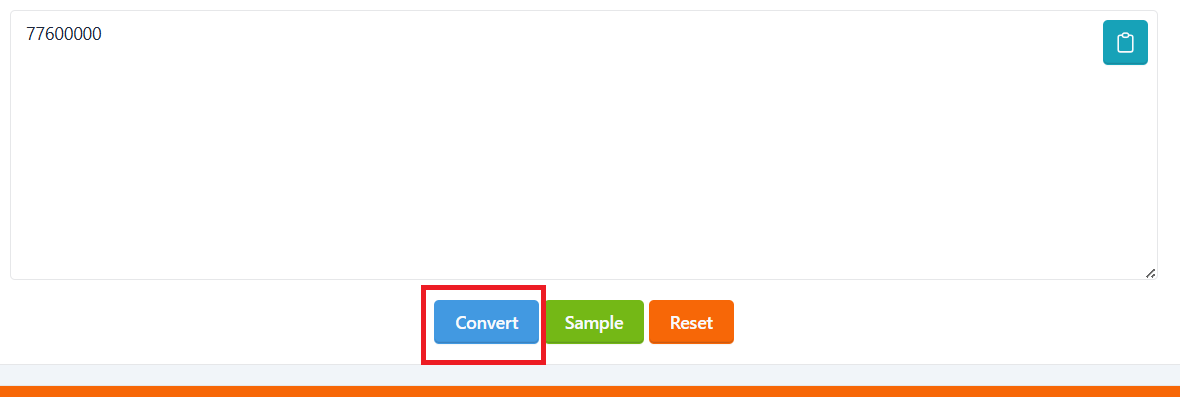
Step 4: View the HEX Output—The tool will convert the octal number to its hex equivalent almost instantly.

Benefits of using the Octal to HEX Converter
The Octal to HEX Converter has helpful features that make the conversion process faster and more efficient:
- Instant Conversion—You don't have to wait for your result because it is so quick!
- Accurate Results—You can trust the tool to provide exact conversions every time.
- User-Friendly Interface—You don't have to be technology savvy to navigate the tool.
- Cross-Platform—The tool works across different devices and browser types.
Frequently Asked Questions (FAQs)
1. What is the difference between octal and hexadecimal?
Octal is base 8, and hexadecimal is base 16. Both are useful in making binary numbers more manageable.
2. Can I convert negative octal numbers to HEX?
Yes, negative octal numbers can be converted to HEX.
3. Is the Octal to HEX Converter tool free?
Yes. It is free to use.
4. Do I have to download any software in order to be able to use the Octal to HEX Converter?
No. The Octal to HEX Converter is just a website; it is a web-based tool used in your browser, and no download is required.
5. Can I use the Octal to HEX Converter from my mobile device?
Yes. The Octal to HEX Converter will work on any device as long as you have a data connection.

